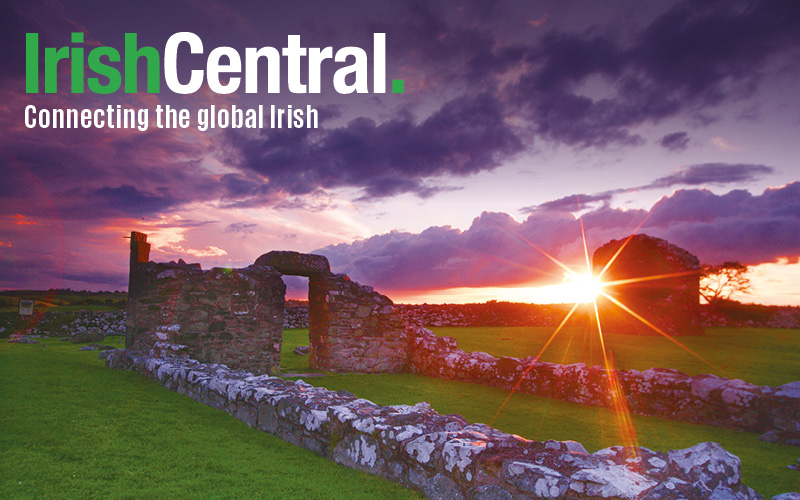Tuam: How did it come to this? That was the question the locals in Tuam, County Galway, were asking each other in the shops and on street corners last weekend, reflecting on the shocking news that their town was apparently the site of a mass infant grave.
In the town on Saturday morning I listened to a group of elderly women, two of them former teachers, who had gathered around a local coffee shop table to consider all the facts, adding supporting details from their own unforgettable experiences as young women growing up in the 1950s.
They didn’t doubt the truth of the claims. Strikingly, no one I spoke in Tuam this weekend doubted the facts and figures local historian Catherine Corless’ research has produced.
Ordinarily there will be a diversity of opinion about such dramatic claims, but in Tuam this weekend I couldn’t find a single person willing to challenge her. It was remarkable.
It was how they processed and viewed that information that was critical.
Arriving in the town early in the morning I didn’t know where the tiny field that has made international headlines as the site of the infants graves was located, but Tuam is a small enough town that the trail of the world’s press was easy to follow.
Photographers, reporters, camera crews, and passing locals were already assembled at the scene when I arrived. But what the coverage they have produced to date can’t show you is how out of the way the site actually is.
A council estate has been built over the former Mothers and Babies home on all sides, far from the main road. Only the little grave plot remains hidden away in one corner of it. The only way you could find it now is to actually be looking for it.
And now that the site has been found it asks the Irish hard questions about their faith and their values, their history and the society they created; all questions that history shows us can make the Irish deeply uncomfortable.
It cannot be stressed enough that the committee that Catherine Corless leads is not in pursuit of such a discussion. They have not called for an in depth investigation, they have not called for a forensic analysis, they have not called for careful exhumations.
Instead all they have actually asked for is a small sum of money to create a more lasting memorial than the makeshift one that currently stands in the corner of this forgotten field.
It’s such an Irish impulse to stick a Band Aid over an amputation and just say a few words at the scene. As if all that horror could be contained because it has to be. What choice do we have?
Irish people are raised knowing that we live in each other’s shadow. If you go about exhuming the skeletons in your neighbor's closet sooner or later you can expect them to return the favor. Sadly, that’s the kind of “whatever you say, say nothing” attitude that allowed horror shows like the Tuam Mothers and Babies home to flourish in the first place. It seems like no outcome can alter our adherence to it.
Whilst reporting for IrishCentral from Tuam on Saturday morning, I was also struck by how deeply religion was built into the daily life of the town. For all its size it has two cathedrals, it has multiple Catholic colleges and training schools, and the town itself grew up out of a 6th century monastery.
Every local I spoke to had a different emphasis. “We didn’t know,” one would say. “Arrah, we did,” countered another. “Well, if we did, we didn’t know it was that bad.” “Ah now, how could we not?”
Equivocation provides you with wiggle room and a handy exit. I saw men and women of every generation run to that “it was a different time” exit when the questions became too uncomfortable. But it wasn’t a different time. The discomfort that made them look away fifty years ago is the same discomfort now.
It remains to be seen who actually has the stomach to actually look reality square in the face. But let's do our best to ensure they know the facts.
Here’s what we know about that “different time,” that isn’t so very different from our own. We know that it resulted in shockingly high infant mortality rates; we know that for profit unsupervised medical experiments were conducted on these children without their mothers' consent.
We know that the sisters in all of the mothers and babies homes once employed intentionally dehumanizing practices to further stigmatize expectant mothers. We know the “inmates” were forced to wear uniforms, perform chores without pay and have their names changed for the duration of their stay. We know their letters were censored and we know that their children were often adopted and sold.
We know that this reign of terror went on for most of the century. It remains to be seen now if we have the courage to face up to it.



Comments